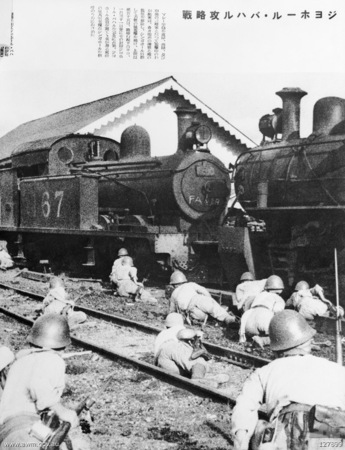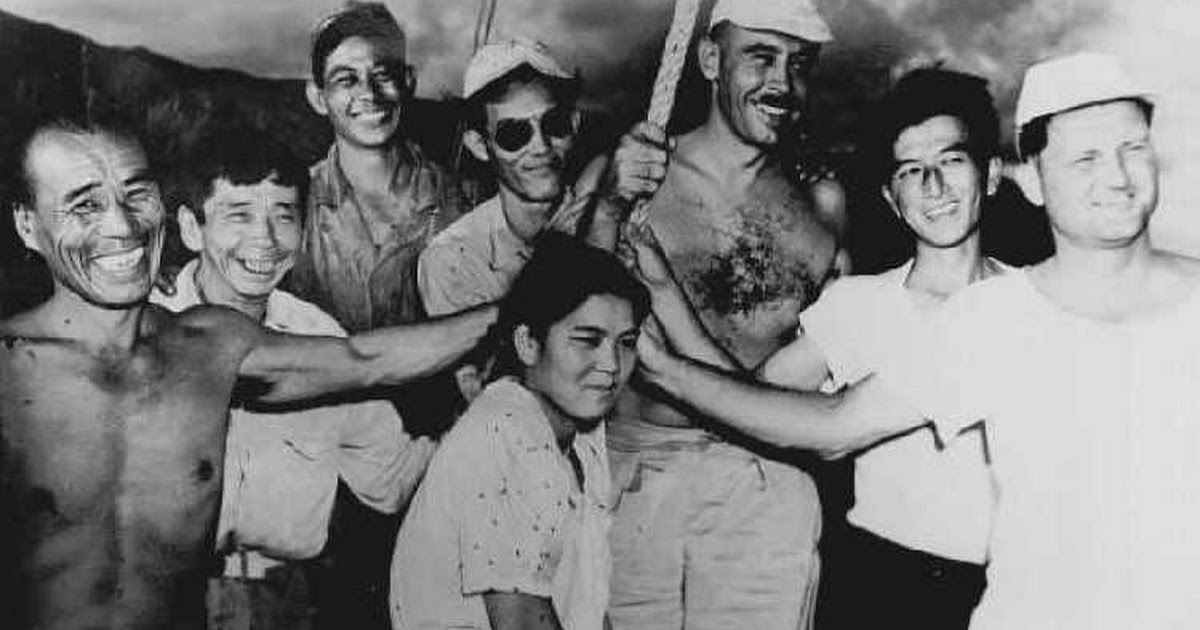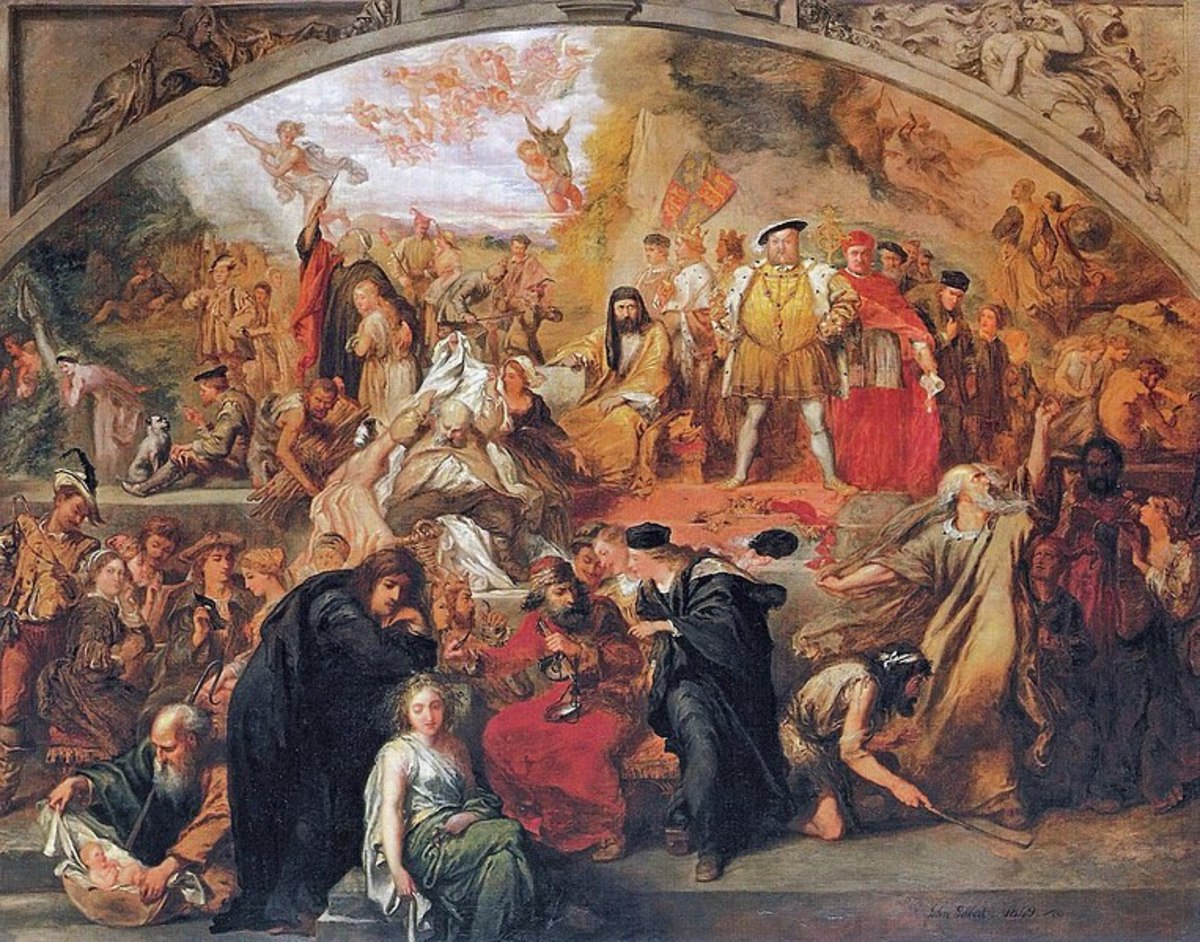Japanese Power in The Gift of Rain

Hegemony
Hegemony is defined as the power a country or group has over others.
The hegemony of the Japanese who led the Occupation is another issue in the novel. The forms of hegemony that appear in The Gift of Rain include Japanese cultural and economic hegemony, along with the attitude of superiority as conquerors.
Firstly, Japanese culture is very dominant in Malaya, and the conquerors impose their ideals, especially the idea of duty above all, on the Malayans. One instance of Japanese hegemony is witnessed by Phillip and Endo, mild compared to the others cited in the book:
Two of the Japanese men I had met the night before at Kanazawa-san's home led a man from a wooden shack, his hands bound with rope, and brought him to the jetty.
'But he is a Japanese,” I said.
'That makes his crime more serious.'
I waited for Endo-san to explain […]
'He was making preparations to run away […] he spent his time with the local women, and fell in love with one of them […]'
[…] The Japanese people held duty in high esteem, I had learned, but to see it impose its unbending burden on the most timeless of human needs made me question the value of it. (Tan 101)
The Japanese imposed their value of duty above all even on their own people, as an ideal virtue that should be followed. Phillip is also pressed into accepting this philosophy.
The reasons for the Japanese hegemony in Malaya included economic ones. The Japanese are persistent, first wanting to become partners with local businesses, then taking them over once the Japanese government is installed. Saotome tries to persuade Phillip to ask his father about the Huttons' partnership with some Japanese businessmen:
'We make a point of knowing our friends,' Saotome said. 'I heard your father is the head of the largest trading company in Malaya?'
'Not the largest - that would be Empire Trading.'
'We have some businessmen interested in Malaya. Would your father consider collaborating with them? To be partners with those people? They are keen to obtain a share in your father's company.' (Tan 106)
The Japanese become more insistent and directly attempt to take over the local businesses after the Occupation has gone underway:
The man spoke to Goro in Japanese. I understood him clearly, but Goro interpreted. 'We will get your company [Hutton & Sons'] as well, once you all run away.' (Tan 272)
When Noel says that the Huttons will not leave, Goro uses the threat of violence in an attempt to scare him:
'What you do is of no concern to us. We will send you all to the camps, or we will kill you.' He [Goro] pointed to me. 'Even your half-breed son.' (Tan 272)
The Japanese also decided on a new governmental system that actually only puts Japanese military in high importance, which is the capacity to run businesses, while the locals are oppressed:
'General Yamashita's plan was to have members of the military take over the running of your companies and businesses completely. It is my opinion, however, that soldiers make bad businessmen. I suggested to him that we merely place advisors and allow you to assist us in running your businesses.' [Phillip translates what Endo said]
Henry Cross seemed to speak for them all. 'That's quite unacceptable. How much power would the advisors have?'
'Complete authority. You will only remain to ensure that everything is run efficiently.' [Phillip's interpretation for the listeners]
'What if we refuse?'
'Then your presence here is unnecessary and we shall make arrangements for you to be interned in a prison camp. Conditions may not be as satisfactory as those you enjoy now.' [Phillip's translation from Japanese to English] (Tan 294)
Phillip badly wants to say that the Japanese are just coercing the locals with the threat of death should the locals refuse, but decides not to say anything when he sees Endo's expression (Tan 294).

Further Cruelty
Some of the Japanese in Malaya felt that they had a right to abuse the local women in order to satisfy their desires. Saotome is an example:
The shoji door opened and a soldier knelt and bowed to Saotome. Next to him was a young Chinese girl in a robe, her hair tied into two lacquered balls.
No words crossed the space between us and the kneeling figures until Saotome said, 'Lift her face to me.'
[…]
Saotome studied her and gave a smile, tiny as a cut. His throat pulsed and his tongue touched briefly the corner of his lips, […]
I found the eel did not taste so sweet now. (Tan 107)
Phillip's reaction to Saotome's objectification of the girl is of immense disgust although he does not show it publicly. It didn't cross his mind that local women could be abused simply because the Japanese would walk all over the Malayans based on authority alone.
It is assumed that Saotome would have the girl executed if she did not satisfy him, for the Japanese conquerors thought that the Malayans were beneath their notice, except as objects for service. This is part of the concept of hegemony, where the colonizer regards the locals as powerless and inferior.
Another time, Phillip questions the Japanese consul about the so-called greatness of the Japanese race:
The conversation turned inevitably to the presence of the Japanese in China and he began to tire me with his description of Japanese superiority. 'We have the best army in Asia now. They are disciplined, highly trained, and civilised,' he said, […]
'Oh, but what about Nanking?' I asked, using the English name for Nanjing. Decades later most Japanese would deny all knowledge of the appalling things that were done there […] He flinched […]
'Were the Japanese troops there “disciplined, highly trained, and civilised”?' I persisted. (Tan 151)
The consul tries to support his claims about the Japanese, but the guests snort at him, already knowing the truth of Nanjing. The consul turns red with anger at the reaction.
Endo has also used his authority as an akido master to fool Phillip and use the latter's knowledge of Penang for his espionage mission. It is only when Endo reveals that Japan really will invade Malaya that all of Phillip's hopes for peace are shattered:
'Will Japan invade Malaya?' It was my turn to ask.
He did not hesitate at all. 'Yes.'
[…] 'When?'
'I do not know. But it will be swift.' He turned to face the sea. 'You need not worry. I will make certain you are safe, and your family as well. But all of you will have to co-operate.'
'You knew it all along, didn't you?' I said, trying to wrap my anger within me. (Tan 228)
The implied threat that the Huttons will be killed if they do not cooperate with the Japanese colonizers has not gone unnoticed by Phillip, who bristles. Phillip has the chance to voice out his anger at Endo when the sensei arrives at William Hutton's [Phillip's brother] memorial service:
'But I do blame you. You lied to me. You used me, used my knowledge of the island. You asked me to take you around so you could take photographs of it. And your trip to Kota Bahru last year. Now I know.' I moved away from his hand. 'And all the other things – all false, aren't they?'
He looked distressed […]
'I can't trust you any more, Endo-san.' (Tan 269)
The Japanese become increasingly cruel in order to impose their power on the Malayans. Of course, they treated the locals as chattel or animals to be slaughtered for their own amusement. Some of the Japanese soldiers, such as Fujihara and Goro, clearly enjoy punishing the prisoners harshly:
I was to discover that Fujihara's ingenuity was endless. […] In all those circumstances I held in my anguish, not willing to lose face before him as we stood and witnessed the prolonged deaths. Many of the prisoners were also used as live targets for bayonet practice, Fujihara all the while humming his preferred preludes and fugues under his breath, in his complete enjoyment breaching his own orders to his subordinates for silence. (Tan 324)
The prisoners were ordered to dig. Deeper and deeper they went until I could only see the tops of their heads, clods of clay and mud piling up beside them. A few refused to dig further, and were clubbed by the guards. […]
Did they know they were digging their own graves? […]
There was not even an order to cease digging. Goro gave a hand signal and the guards started shooting. […] the bodies tumbled into the wet, exposed earth.
I forced myself not to show any emotion, not in front of those people. Goro gave me a grin. 'Let us go back. I am all wet, and I am hungry.'(Tan 328)
Both Fujihara and Goro in the above excerpts have a sociopathic disregard of human life. Whether the Japanese soldiers really enjoyed being sadistic or were just following orders too intently remains a matter of debate today.
Ohnuki-Tierney writes in Kamikaze Diaries that the military regime of Japan was harsh on its soldiers, with corporal punishment and the threat of being killed for disobedience (par. 6); and many of the soldiers actually disagreed with the principles proposed, but they had no choice except to follow the orders of higher-ranking officers even if they died in the process (paras. 32-33). Regardless, the use of force by colonizers to frighten the locals into submission is a common tactic in colonial hegemony (Harrison and Hughes 235).
Works Cited
Harrison, Rodney, and Lotte Hughes. Understanding the Politics of Heritage. Manchester: Manchester UP, 2009. 234-266. Print.
Ohnuki-Tierney, Emiko. "Kamikaze Diaries: Reflections of Japanese student soldiers by Emiko Ohnuki-Tierney, an excerpt." The University of Chicago Press. The University of Chicago Press, 2006. Web. 9 Apr. 2013. <http://www.press.uchicago.edu/Misc/Chicago/619508.html>.
Tan, Twan Eng. The Gift of Rain. Great Britain: Myrmidon, 2007. Print.





